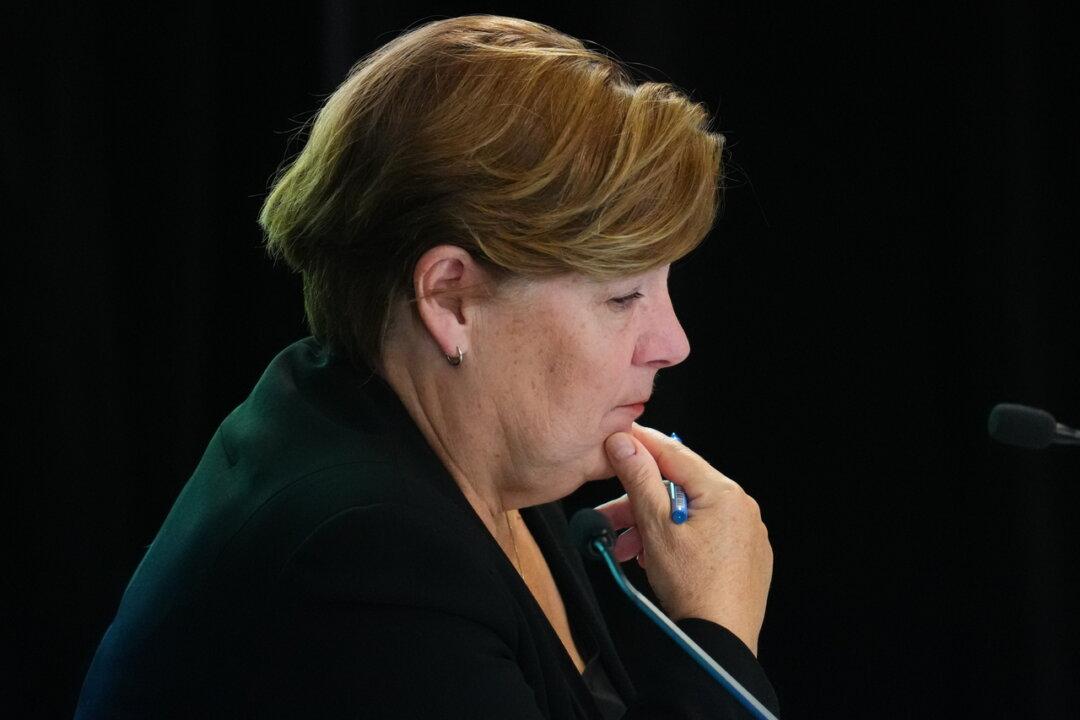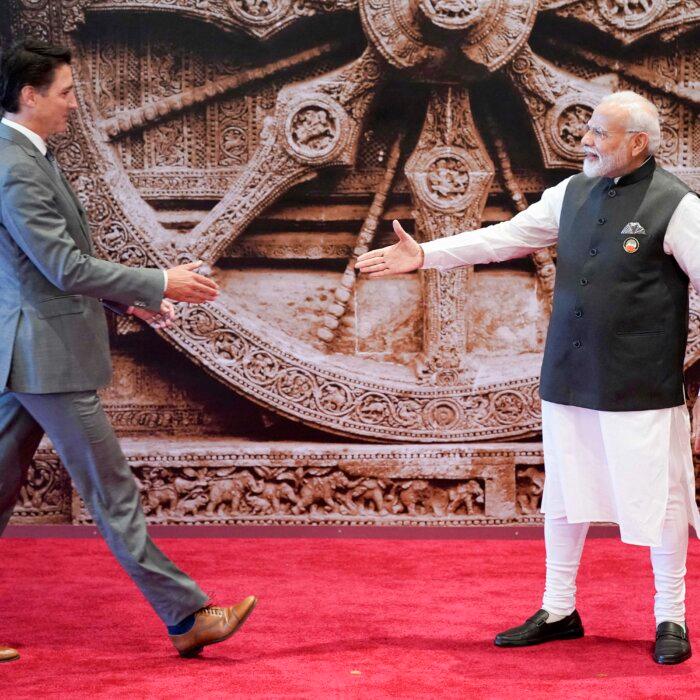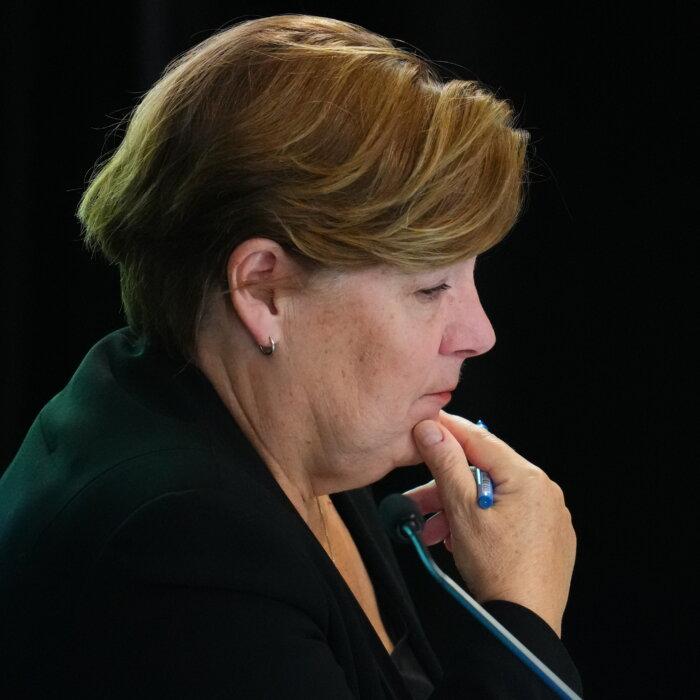Advocacy groups called for urgent measures to protect Canadian democracy and vulnerable communities from Beijing’s interference as the foreign interference inquiry wrapped up public hearings on Oct. 24.
“I will suggest that today, more than ever before in this country, people of Chinese descent face unprecedented challenges arising from foreign interference,” said Neil Chantler, counsel for the grassroots organization Chinese Canadian Concern Group.
Chantler noted that members of the Chinese diaspora face death threats, harassment, coercion, cyber attacks, and pervasive misinformation and disinformation campaigns aimed at silencing opinions and dissuading democratic participation. He also said the Chinese Communist Party (CCP) uses rhetoric to “blur distinctions among people of Chinese descent” and frames as racism any attempts to counter its influence.
“This tactic is used to silence or deflect legitimate criticism of the Communist Party’s policies and actions,” he said, adding that it has resulted in “politicians and policing agencies hesitating before taking action, fearing accusations of racism.”
As a result, “victims of foreign interference lose trust in the government and law enforcement and choose not to come forward at all with their experiences.”
Sarah Teich, representing the Human Rights Coalition—which includes multiple diaspora and rights groups—revisited the impacts of foreign interference on various communities in Canada. Protecting victims is a crucial aspect of addressing interference, she said, as are efforts to prevent perpetrators from meddling.
“Canada not only has a duty to protect its democratic institutions in its elections, Canada has a duty to protect its people, including those most vulnerable to the long arms of foreign dictators,” Teich said.
Politicians Targeted
The Foreign Interference Inquiry was launched last September in response to widespread reports of Beijing’s election meddling. While the inquiry was not solely focused on China’s activities, much of its discussions centred on CCP targeting of politicians and the collusion of certain Canadian parliamentarians with Beijing.Fraser Harland, counsel for Conservative MP Michael Chong, cited testimonies about Beijing’s targeting of Chong’s family in Hong Kong, noting that the Canadian Security Intelligence Service (CSIS) used threat assessment tools due to security concerns. Chong has been a vocal critic of the CCP’s rights abuses.
“Taking all of this together, Madam Commissioner, I submit that Mr. Chong was clearly the target of foreign interference,” he said. “The covert collection of information by a diplomat for a foreign intelligence agency is foreign interference and [falls] outside the Vienna Convention, and any reasonable person in Mr. Chong’s shoes would have had legitimate concerns about the safety of their relatives in Hong Kong.”
Counsel for NDP MP Jenny Kwan, who has been identified by CSIS as a target of the CCP as she’s been a critic of the regime, urged Commissioner Marie-Josée Hogue to establish principles for a new, independent body to monitor and counter foreign interference during elections and party leadership contests at various political levels. Sujit Choudhry added that the new body must have the authority to inform Canadians about instances of foreign interference during elections and byelections.
“Our intelligence partners and allies need to know if Canada is a credible, reliable partner. They are all asking, if Canada is a serious country,” Sujit Choudhry said.







